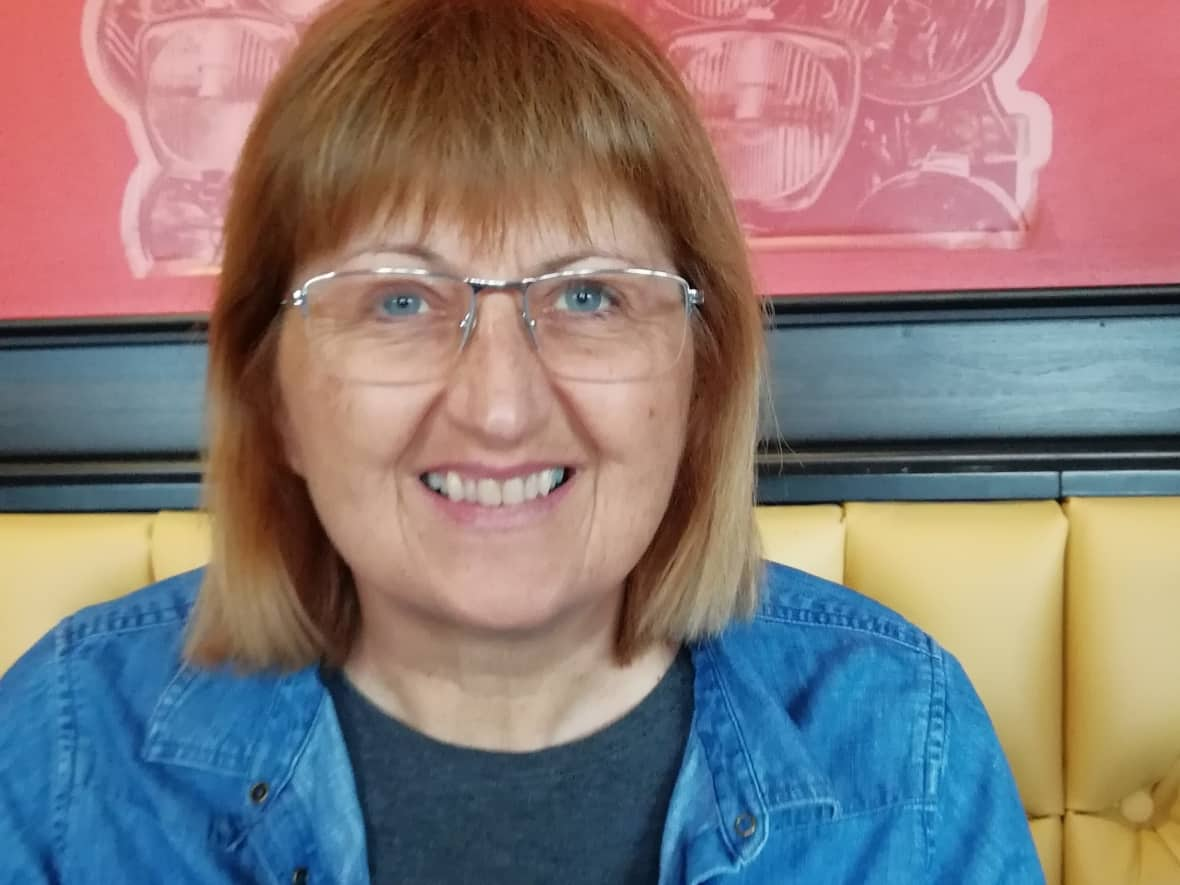A tale of two book clubs: Social groups take varying approaches to reopening amid COVID-19

After social clubs shifted to online meetings to break up the bleakness of the COVID-19 pandemic, it was a joyous reunion recently for members of a St. John's book club who met up to eat, drink and talk novels in person for the first time in two years.
"Meeting face to face was fantastic," said Kristen Butler, a teacher who joined the club after an invitation from a co-worker just before the pandemic hit.
"The flow of the conversation is so different in an in-person setting."
John Cribb, 63, is retired from the RCMP. He's thankful for Zoom and the way it kept the club going during the pandemic, but he was thrilled to see his fellow club members in real life once again at East Side Mario's in St. John's.
"Speaking on Zoom, everything is delayed. And when more than one person is talking, you can often lose parts of the conversation. Also, you can't hug or even shake hands on Zoom, and I enjoy both," he said.

Heidi Gatherall, a teacher with more than 30 years' experience, lives about a half-hour away from St. John's, but she still prefers the in-person version of the book club.
"There were plenty of laughs and smiles that were not as easily experienced online. Our communication was spontaneous and our conversation natural," she said. "The book club feels more like an enjoyable pastime instead of an academic presentation."

'Positive experience' during isolation
Ralph Cann, a semi-retired teacher, is the administrator of two book clubs in St. John's: one group for fiction, the other for non-fiction.
"I do feel that we had success [virtually].… There were still moments of laughter as well as more serious moments as we unpacked the book together," he explained.
Butler said the online structure worked at the time, offering "a fun, positive experience during a period that was often isolating and involved a lot of downtimes."
She said it allowed people to share general life updates in a time of personal — and global — uncertainty.

But while you can share a screen, there is something you just can't share unless you're all together.
"There is something about eating together that puts people at ease and the interactions are more free-flowing and natural." Cann said.
Virtual meetings continue for another group
But another group is remaining online — for now.
The Quilted Collective of Racialized N.L. Writers is a creative writing group that started as a six-week class for racialized writers. It is funded by CBC Newfoundland and Labrador and the provincial government's Office of Immigration and Multiculturalism. After the group completed the project, the meetings continued.
"We miss in-person interactions, and I believe that some of our members do not attend because of the video conference," said Sobia Shaikh, an assistant professor at Memorial University's school of social work and a founding member of the group.
Before the COVID-19 pandemic, she said, meetings were held mostly in person, although some people joined by video or phone when they couldn't attend in person.
The group continued to accept new members, and now there are 20 Indigenous and racialized writers on their list.

Shaikh says it's easier for people, especially those who aren't concentrated in a geographic region, to participate in a virtual club.
"Easier for those who are introverts, who have mobility issues, or who have child-care responsibilities," she said, though she hopes in-person get-togethers will resume.
Software developer Aida Ghayour came to Canada in 2017 for a master's program at MUN and joined the Quilted Collective.
Ghayour said that the tech industry became more focused on virtual conference tools when the pandemic hit, noting its environmental benefits, among others.
"The pandemic forced people to develop their skills to survive in the virtual world. They noticed that doing things virtually keeps their time, money and sanity."

 Yahoo Movies
Yahoo Movies 
